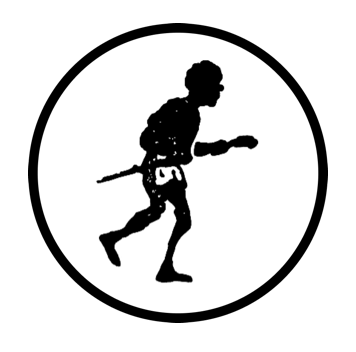
 0
0The business of dehumanization
Bought and sold, bequeathed, given, leased, or exchanged with no regard for family or marital ties, slaves were treated as commodities.
Slaves had no more rights than livestock or goods, their owners deriving financial benefit from their forced labour, bodies (sexual assault), and reproduction (appropriation of the children of slaves, often the result of rape by the owners) as they saw fit.
Uprooted from their community, wrenched away from their parents and children, despised, neglected, starved, threatened, attacked, confined and raped without recourse, many of the enslaved attempted escape.
Running away, which is in fact an act of resistance against injustice, was considered disobedience and insubordination punishable by the owners.
Slavery as a denial of fundamental human rights
Slavery is the utter denial of human rights.
Stripped of rights, enslaved people are condemned to do their masters’ will, even if it means death.
It is to put an end to such abuses that human rights were proclaimed, guaranteeing every human being a set of rights and freedoms from birth to death.
In 1948, the Universal Declaration of Human Rights proclaimed that "all human beings are born free and equal in dignity and rights. They are endowed with reason and conscience and should act towards one another in a spirit of brotherhood."
The International Covenant on Civil and Political Rights, which came into force in 1966, prohibits all forms of slavery and reaffirms the principles of basic rights and freedoms. The legal instruments that safeguard such rights in Québec are the Canadian Charter of Rights and Freedoms and the Québec Charter of Rights and Freedoms.
Discover these rights and freedoms throughout your visit.